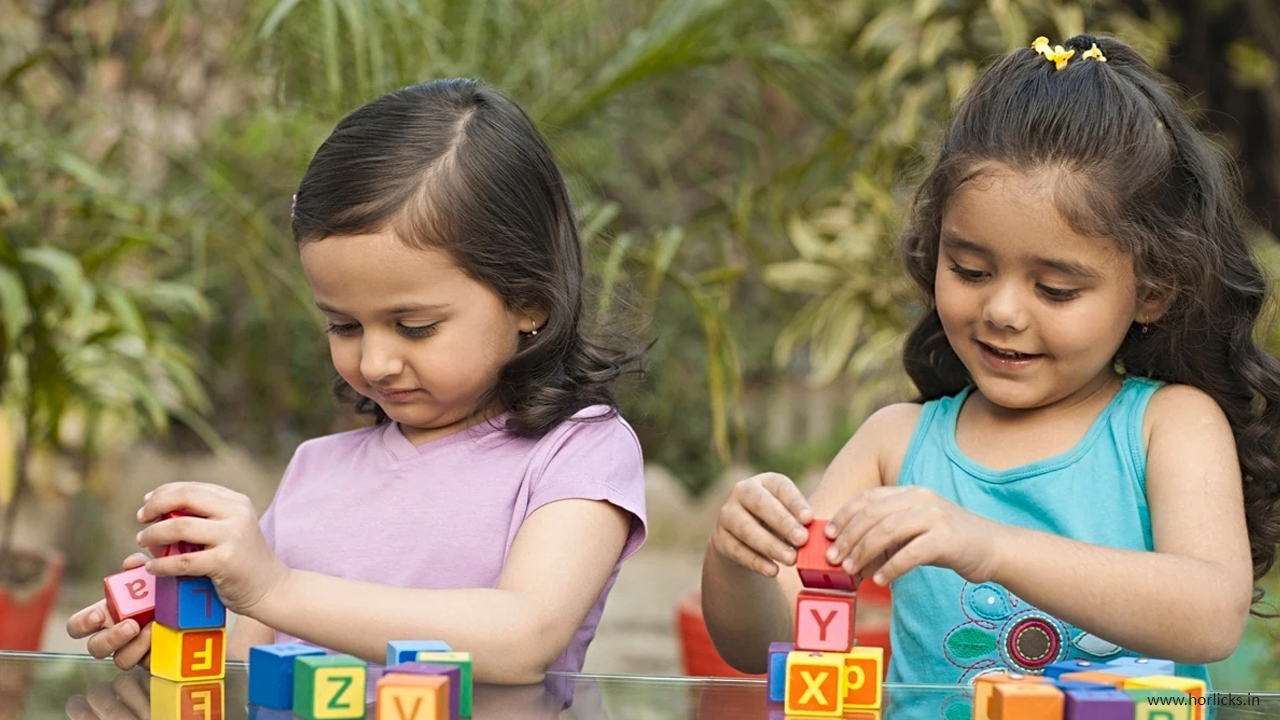Some children have very weak memories. Since childhood, they forget to keep things or they feel difficulty in remembering letters or remembering anything. In the beginning, parents ignore these problems as common, but later when this problem starts increasing then it becomes a matter of concern.
If this problem is stopped by adopting some measures in the beginning, then it does not take a serious form. Today's article is also on the same measures. Today, through this article, we will tell you what measures you can use to increase the memory of children. Scientists also consider these measures to be correct.
1 - Sleep is necessary
If the child gets enough sleep, it can increase his memory power. Yes, let us tell you that the power of thinking, understanding, and remembering in children is promoted in sleep. In such a situation, if children do not get enough sleep, then it affects their thinking, and understanding power.
2 - Supplementation of nutrients
Memory power can also be increased by changing the diet of children. Let us tell you that some research suggests that vitamin D, vitamin b1, b12, b6, iron, iodine, etc. has an effect.
3 - Kids Play Puzzles
Children do not develop only by playing outdoor games or indoor games. Rather, there are some games that are helpful in their mental development, such as puzzles. There was also research on puzzles, which proves that playing puzzles has an effect on the memory power of the child.
4 - Make the children the teacher
Merely teaching children is not enough. Rather, sometimes children can be made the teacher of their class and the student should be you. Children will explain and teach you about their subject, then they will also get information related to that subject and they will also be able to remember easily. This practice will also develop their mental power.
5 - Take the children for a walk outside
When your kids go out for a walk, they will learn about new things, and understand and repeat them again and again in their minds. This will not only increase their knowledge but also their mental development. This practice is also helpful in increasing the memory power of children. In such a situation, do not limit the scope of children only to the house. Take them for a walk outside too.
6 - Ask children to read aloud
If children read things in their minds, they will not remember them quickly and they will forget that thing quickly. In such a situation, ask your children to read aloud whatever they are reading. This will allow them to hear their own voice and will be easier to remember. Children remember those things by reading aloud and memorizing them.
7 - It is also important for children to be good listeners
It is not necessary to just keep your point in front of others. Sometimes listening to others is also necessary. If we keep our point without listening to anyone, then people may misinterpret it. In such a situation, it is the duty of the parents to make their child a good listener. For this, first of all, motivate your child to listen to his point of view. By doing this, not only will patience develop in them, but they will listen and understand what others say.
8 - Practice is also necessary
Memorizing the children only once is not enough, but whatever the children have memorized, it is also necessary to practice again and again. By doing this, children will be able to remember that thing for a long time and their memory power will also become strong. In such a situation, whatever you give your child to remember, keep asking that thing from time to time. When the child practices both verbally and in writing, it will affect their memory as well.
9 - Adequate water intake
Young children cannot take care of themselves. They get so busy with studies, sports, changes in their surroundings etc. that they do not pay attention to their health. In such a situation, it is the duty of parents to make their children practice drinking water. For this, they can also set an alarm. After which the child should drink a glass of water. Let us tell you that memory can be increased by the consumption of water.

 If you are troubled by the weak memory or memory power of children, then you can overcome this problem by adding some things to their daily routine.12 home remedies to increase the memory of children, which scientists also believe are correct
If you are troubled by the weak memory or memory power of children, then you can overcome this problem by adding some things to their daily routine.12 home remedies to increase the memory of children, which scientists also believe are correct
















.jpeg)






.jpg)




.jpg)





.jpeg)
